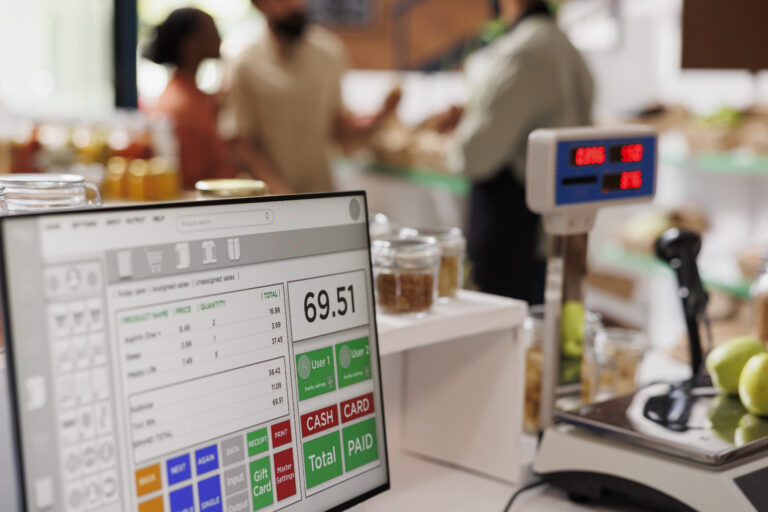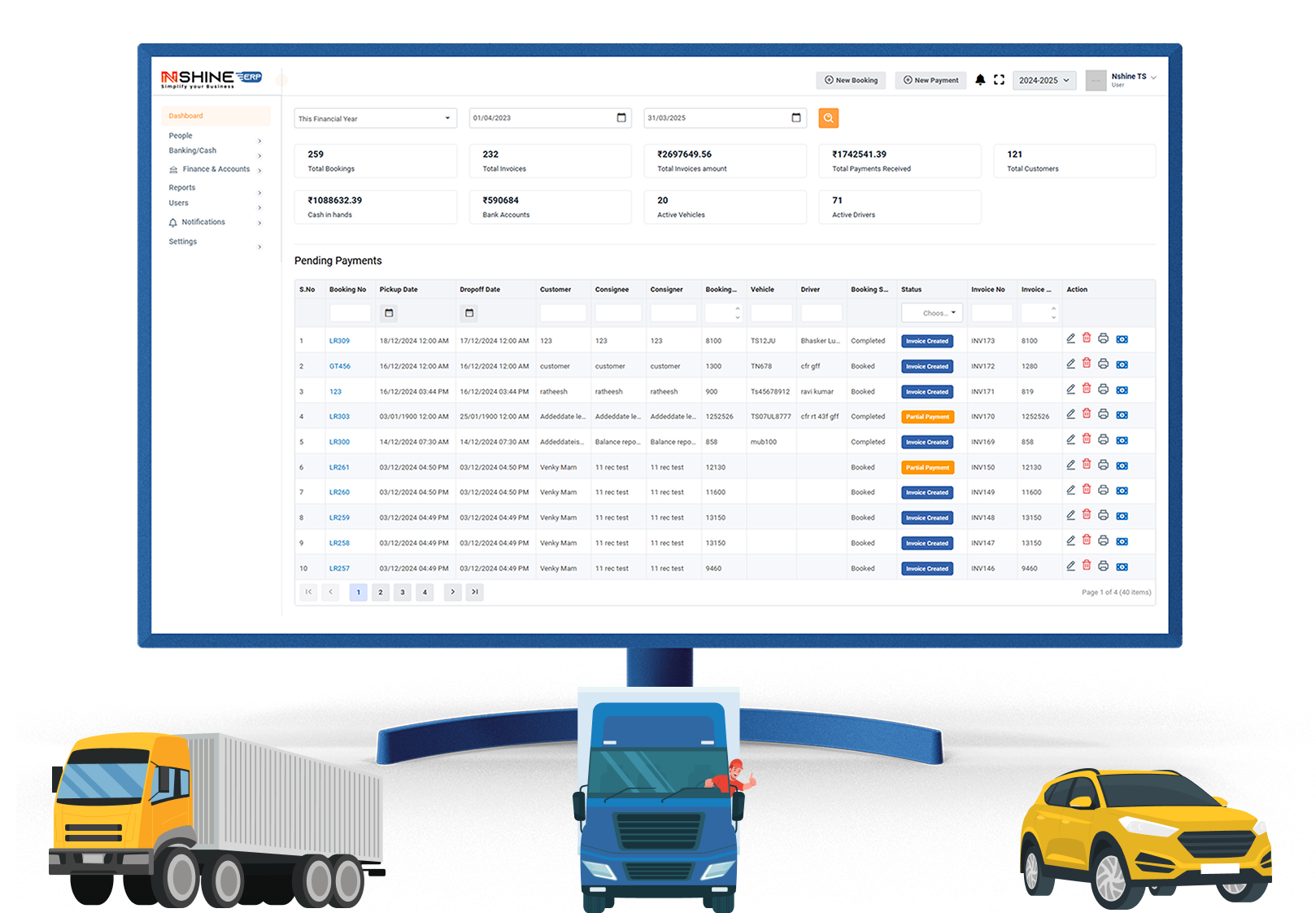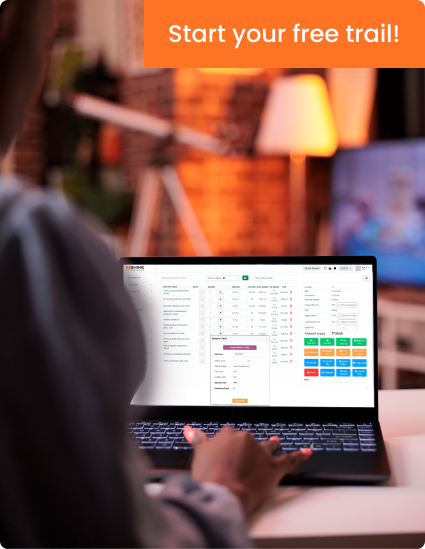In the competitive world of grocery business, staying organized and efficient is crucial for success. Grocery businesses face many challenges, from managing inventory and ensuring smooth customer transactions to tracking sales data and reducing waste. This is where ERP, or Enterprise Resource Planning, comes into play.
What is ERP?
ERP is a software system that connects various functions within a grocery business into one user-friendly platform. This includes important areas like inventory management, billing, customer relationship management, and reporting. For grocery businesses, this means that all key operations are linked together, making workflows smoother and improving communication between teams.
Key Challenges Faced by Grocery Businesses
- Inventory Management:
Grocery stores often struggle to keep track of stock levels, especially with high-demand items. Inefficient inventory management can lead to stockouts, frustrating customers and impacting sales.
- Customer Transactions:
Long wait times at checkout can frustrate customers and lead to a bad shopping experience. Efficient billing processes are essential for ensuring customer satisfaction and loyalty.
- Data Management:
Handling sales data manually can be time-consuming and can lead to mistakes, making it hard for grocery managers to make quick and informed decisions.
How ERP Addresses These Challenges
1. Streamlined Inventory Management:
An ERP system offers inventory management features that allow grocery stores to track stock levels accurately and efficiently. This helps managers maintain optimal inventory, ensuring that popular products are always available for customers and reducing the risk of overstocking.
2. Integrated Billing System:
An ERP solution makes the checkout process smoother by connecting sales data directly to the system. This allows for quick and accurate transactions that improve the customer experience. Faster checkouts mean grocery stores can serve more customers during busy times, leading to more sales and customer satisfaction.
3. Easy Data Management:
ERP systems gather data from different sources, giving grocery managers valuable insights into sales trends, inventory levels, and customer preferences. This information helps managers to make better decisions and plan strategically for the future, ultimately boosting profits.
Conclusion
In conclusion, ERP systems are important for grocery businesses that want to work more efficiently. By automating tasks like inventory management, billing, and data tracking, grocery stores can reduce manual work and minimize mistakes. This allows managers to spend more time focusing on serving their customers. With a good ERP solution, grocery businesses can easily manage all their operations, leading to better productivity and happier customers.
Ready to simplify your grocery operations? Reach out to us today!
Stay tuned for our next post, where we will explore the specific features of our NShine ERP solution designed for grocery operations, helping you take your business to the next level.




